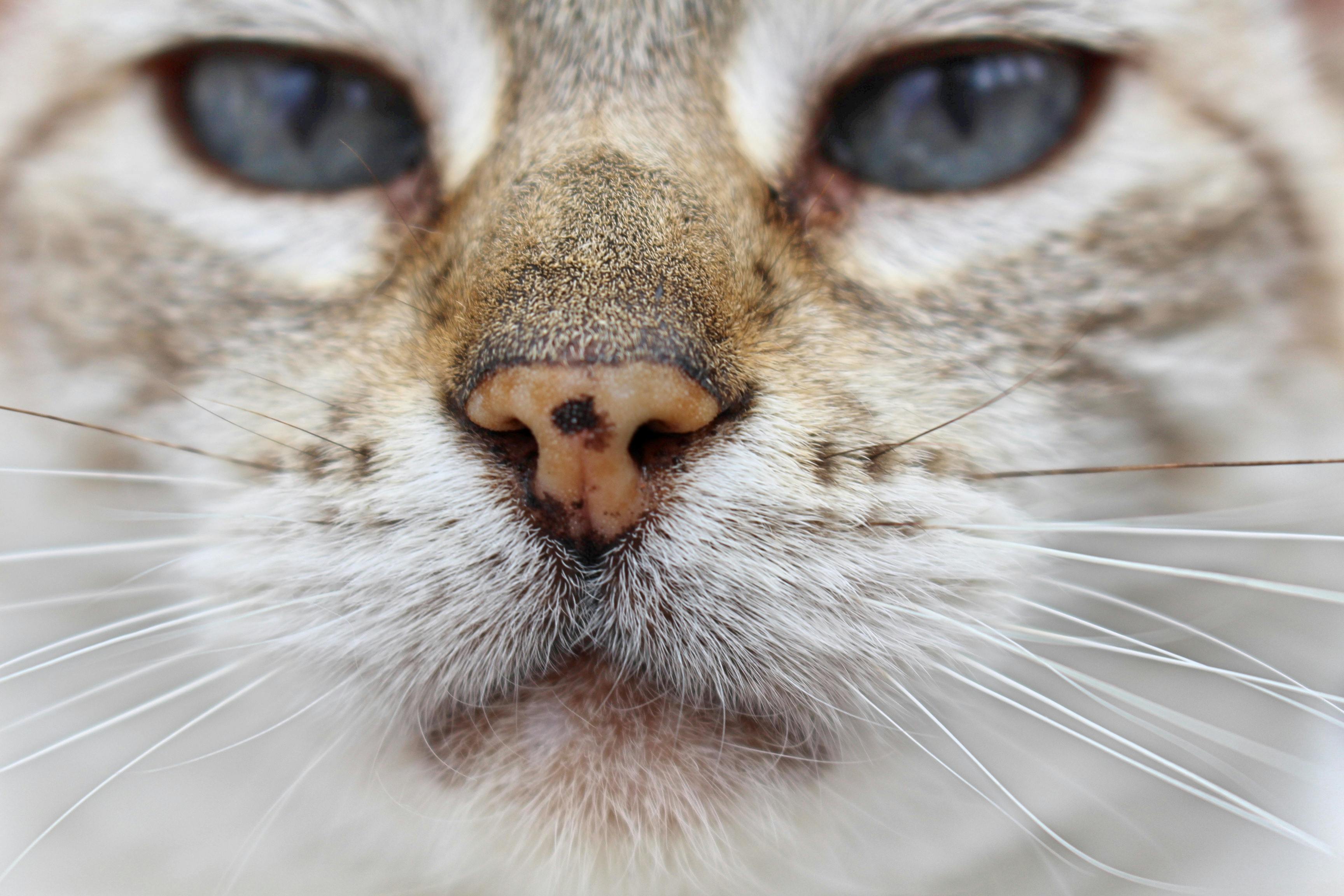
If you have a new puppy, you know about chewing, but chewing can be a problem for dogs of all ages. Although owners should be aware of a dog’s need to chew, chewing on valuable things should not continue. Chewing is a healthy and natural activity for dogs, and with some proper actions, owners can minimize the amount of destructive chewing.
First, it is important to know why dogs chew. Although it is not the only reason, teething is a great cause of chewing. Between 3 and 7 months of age, dogs chew on various objects to loosen and soothe the gums around the baby teeth. This makes the teeth fall out more easily to make room for the new teeth. The next phase of chewing is considered exploratory. Human children use their hands to explore while dogs use their mouths. Beyond these physiological needs to chew, many dogs continue to chew to relieve stress. Chewing has a calming effect on dogs and produces a release of endorphins. Simply put, chewing can be a mechanism to reduce anxiety.
Because many owners only view chewing as destructive, the problem can easily escalate. It is important that owners recognize chewing as a natural occurrence and begin to refocus their pet’s chewing on less destructive objects. Dogs must be taught the difference between what is theirs and what is theirs, and there are several methods of establishing these definitions.
Toys should be a special treat for a dog, and they should only have three toys at a time. Too many toys can cause complacency. It is important to play with the dog using these toys on a regular basis, which gives him a positive impression of the toys. A dog will even associate these toys with an owner’s attention, and will often chew on these toys while the owner is away. If it is difficult to pique a dog’s interest in toys, there are toys that have treats or scents inside them that add an incentive. Obviously, try to remove any valuable items from a dog’s reach and praise him generously for choosing to play with his toys or chew on the right objects. If the dog is going to chew something bad, immediately give him a firm “NO” and give him something better to chew on. Redirecting their attention and giving them positive reinforcement is the best solution.
Positive rewards in the form of treats and praise are the best ways to train a dog for any purpose. When it comes to chewing, this is very true. If a dog is scolded every time he chews, but never experiences positive chewing, he will be afraid to chew in your presence. This will cause them to chew when the owner is not around. All dogs must chew, but it is up to the owner to decide what they choose.